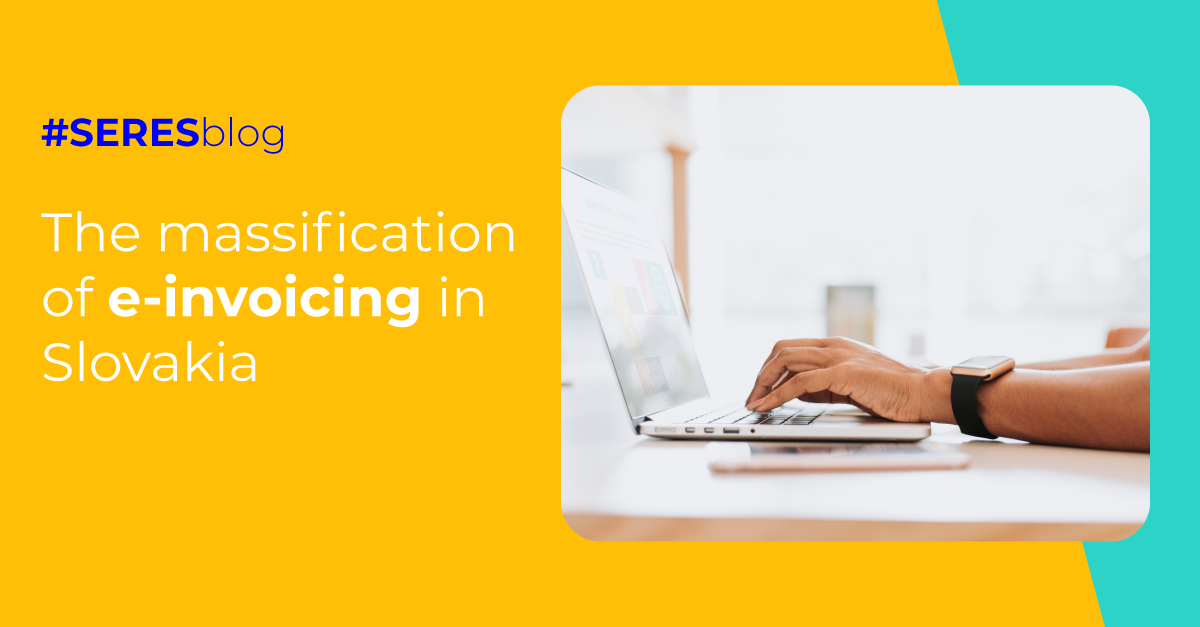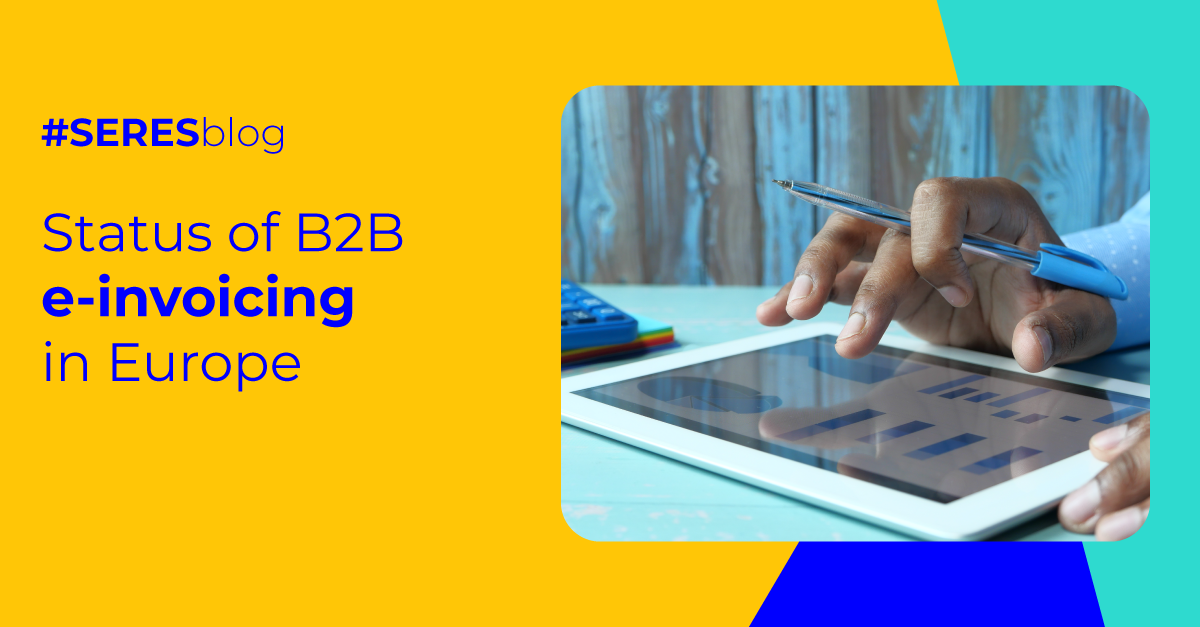The implementation of B2B e-invoicing in Poland is scheduled for 2026
On June 17, 2025, the Polish Council of Ministers approved the second version of the draft law on the KSeF electronic invoicing system.
The text will now go through the parliamentary and presidential approval processes. The goal is to have the law adopted in July. This new version follows the first draft of KSeF 2.0, which was published on May 30, 2025. This version has some new features:
- Clarifications on the acceptance of domestic invoices issued offline within the KSeF system.
- Specific notes on compliance with the requirements of the General Data Protection Regulation (GDPR).
- Confirmation of the possibility of adding attachments to electronic invoices.
On April 12, the Ministry of Finance published a press release on its website. The press release talked about when the National Electronic Invoicing System (KSeF) would be put into action.
There are two main phases of the obligatory nature of the KSeF. They will take place in February and April of 2026. There will also be an additional phase for the smallest taxpayers as of January 1, 2027.
From this date, smaller taxpayers whose transactions involve small amounts, such as PLN 450 (€105.17) for a single invoice and a total sales value of PLN 10,000 (€2337.15) per month, will have to apply the mandatory KSeF.
On March 31, 2025, the Polish Ministry of Finance published Interpellation No. 8479 on the National Electronic Invoicing System (KSeF). On April 11, a draft law introducing numerous changes to the mandatory issuance of invoices via KSeF in Poland was published on the RCL website.
Here are the key dates for the rest of 2025:
- June 2025. Here is some information about the new version of KSeF.
- September 2025. Integrators and large companies will be able to test the KSeF 2.0 API.
- Starting November 1, 2025, a test version will be available for people who contribute.
- Starting November 1, 2025, entrepreneurs will be able to apply for invoice issuer certificates. These certificates will allow authentication in the system. They will also be necessary to issue invoices in case the system fails.
The main changes in electronic invoicing are as follows:
- You can still use cash registers to issue invoices until the end of 2026.
- The requirement to include the KSeF number in electronic invoice payments is delayed until the end of 2026.
- You can now choose to use the "offline24" mode on your own.
- Companies can choose to send e-invoices to consumers.
- A new feature lets you send invoices with an attachment to the KSeF system. This feature is especially designed for media providers, telecommunication services, and issuers of collective invoices.
On May 8, 2025, the Ministry of Finance published the preliminary version of the logical structure of the FA (3). This will be applicable as of February 1, 2026. This structure will replace the current FA (2) and will be published on e-PUAP, the electronic platform for public administration services.
When will e-invoicing become mandatory in Poland?
In order to ensure the widespread adoption of e-invoicing in Poland, the government has set a timetable to facilitate its implementation. The following deadlines have been set:
- January 2022: Voluntary phase begins, allowing companies to issue structured invoices through KSeF and receive tax benefits
- The scheduled launch of e-invoicing in Poland was set for July 2024. However, the Ministry of Finance has decided to postpone this to February 2026. At this point, the use of e-invoicing will be mandatory for all companies with a turnover of over €46 million. For all other companies, the obligation will start on 1 April.
The public consultations on the launch of the KSeF began during the summer of 2024 and will conclude in November of the following year. During this period, a roadmap detailing the new FA scheme (3), the draft legislation, and the final specifications of the KSeF has been established through consensus.
Conversely, the Polish Ministry of Finance has elected to reduce the pace of the e-invoicing testing environment due to technical complications and a considerable volume of demand. In practice, the number of test file uploads has been restricted to 10 MB and 100 per minute.
It is anticipated that structured invoices will coexist with paper invoices and the other electronic invoices that are already in operation on the Polish market for the foreseeable future. The acceptance of structured invoices via KSeF is contingent upon the recipient's consent.
In 2020, e-invoicing in Poland was implemented in all public administrations in compliance with the European Directive 2014/55/EU on e-invoicing in public procurement in Member States.
Recognising the significant benefits for private companies and public administrations, the Polish government presented a comprehensive plan for the widespread adoption of e-invoicing in the private sector in 2021.
What e-invoicing model will Poland adopt?
Similar to models in Spain and France, Poland requires real-time authorisation by the tax authority for invoices to be valid. As a result, the National eInvoicing System (KSeF) was set up as a centralised platform where companies submit their invoices. The operational process includes:
- E-invoices are issued in a structured format following the model of the Ministry of Finance.
- Once issued, invoices are transferred from the financial system to the central database (KSeF) via an API.
- Validated invoices are accessible and downloadable by recipients within the system.
- The platform issues confirmations on invoice numbers, rejections or unavailability of KSeF.
UBL 2.1 (XML) is the mandatory format for electronic transmission and receipt of invoices.



